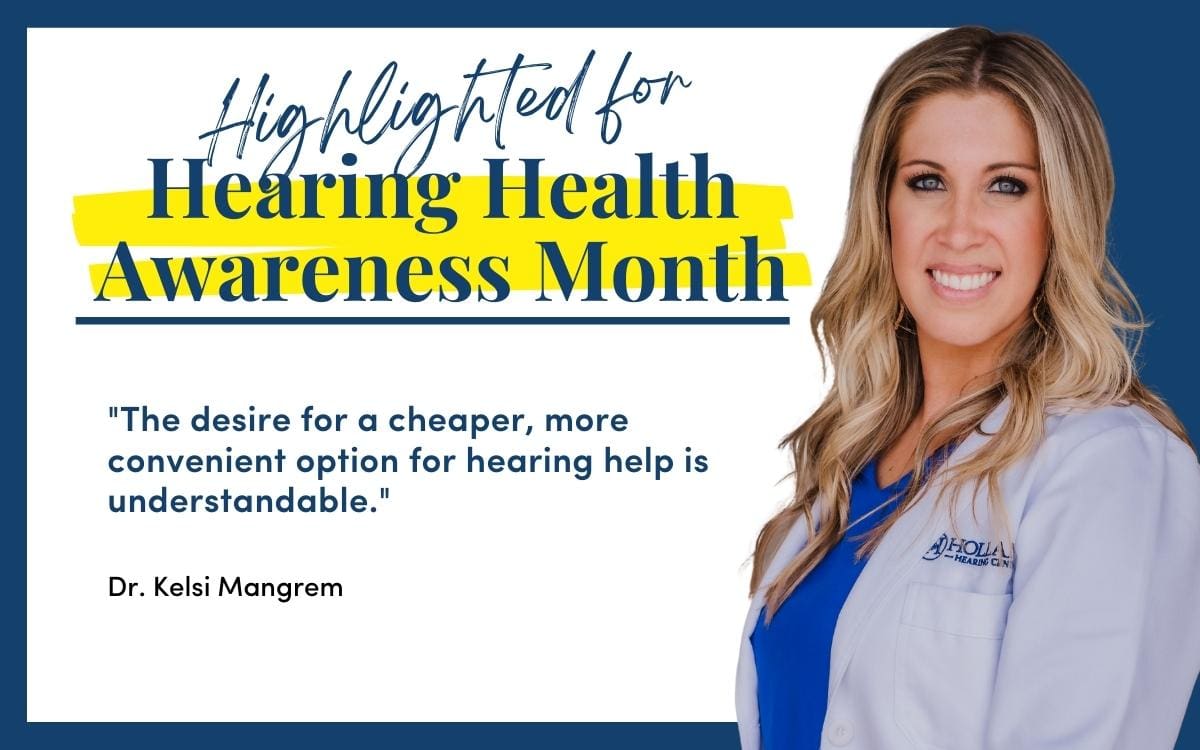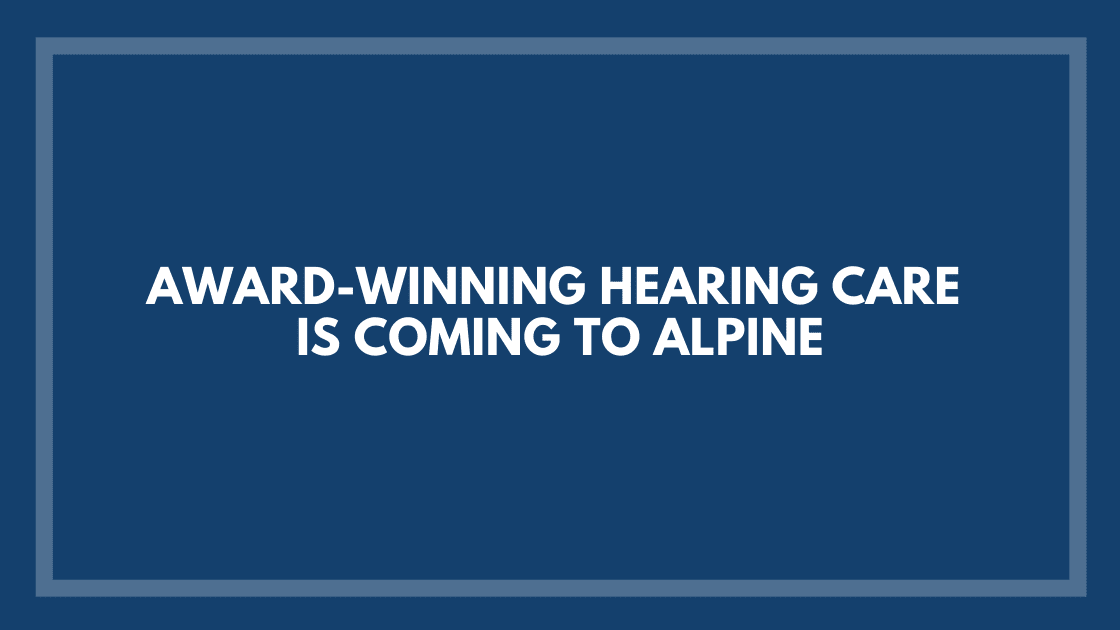We have long used the words “hearing aids” without the need for further explanation because there’s never been any other term to describe these hearing devices, but not anymore. Because in October 2021, the government finally released its proposed regulations for selling over-the-counter (OTC) hearing aids.
The traditional hearing aids we have been talking about for decades will now be termed “prescription hearing aids” to highlight the fact that they are prescribed by a hearing professional.
The devices now allowed to be sold due to President Biden’s Executive Order will be termed “OTC hearing aids” or “hearing aids.”
These are regulated but not prescribed hearing aids sold in stores and online.
With the amount of money put into marketing OTC hearing aids to sway consumers, it is not surprising that many are enticed, but there are key differences between the two types that I will share below.
Prescription Hearing Aids
The marketing and advertising of OTC hearing aids is growing exponentially due to the desire for a cheaper, more convenient option for hearing help.
However, terms like “prescription hearing aids” must now be used — by the FDA and regulation agencies — because OTC hearing aid options cannot replace hearing aids prescribed by a hearing professional with a master’s degree, years of experience, and specialized equipment.
To make it simple:
- Wearing prescription hearing aids is similar to wearing prescription eyeglasses.
- Wearing OTC hearing aids is similar to wearing “cheaters,” the generic reading glasses you can find in any grocery or hardware store.
Both OTC hearing aids and prescription hearing aids help someone with a hearing loss to hear better, but the latter is programed for only you, not the general public, so it’s going to better serve your needs.
Key Differences Between “Prescription Hearing Aids” And “OTC Hearing Aids”
OTC hearing aids, the generic “cheaters” option, are for those with a mild to moderate hearing loss. These aids will likely improve one’s ability to hear in certain situations, such as listening to the television and in small group settings.
However, those who have used OTC devices before coming to us tell us that they don’t wear them all the time – either because:
- they have found it bothersome to continually adjust them based on different listening environments, or
- they are conscious of their appearance.
OTC hearing aids are not a good long-term solution.
Prescription hearing aids are just that. Not only do prescription hearing aids take your exact hearing prescription into account when programming the devices, but you also have a licensed audiologist to further customize the devices to your preferences.
Three people can come into our office with the same exact hearing loss but have completely different preferences. This is what the hearing professional is here for – customization.
Prescription hearing aids are good for all-day hearing and long-term hearing health.
How To Know If You Need “Prescription” Or “Over-The-Counter” Devices
Without professional help, it’s impossible to know what kind of hearing aid you should buy, so the best first step is to make that decision face to face with the guidance of someone who specializes in this field rather than try to sift through the noise of online ads and marketing gimmicks.
Here at Holland Hearing, we offer both options – OTC hearing aids and prescription hearing aids, and we answer questions such as:
- Which OTC device is best?
- Is there an underlying condition causing the hearing loss you aren’t aware of?
- Is your hearing poorer just because of earwax buildup?
- Do you have a mild, moderate, or severe hearing loss? Most people underestimate the severity.
All these questions can easily be answered simply by visiting your local provider.
Audiologist Or Online Hearing Test?
A study I conducted a few months ago with a few “technology-inclined” patients proved that online hearing tests are not an accurate means of acquiring the necessary hearing data to appropriately program a hearing aid.
You MUST have a hearing assessment in a noise-treated sound booth with calibrated equipment to get fully accurate readings of how well you hear volume, pitch, and tone.
There’s simply no way to get precisely programed hearing aids without this.
Unsure And Confused About Buying Hearing Aids?
The safest bet is to always start with a reputable local audiologist. Book a hearing test with us so we can get an accurate assessment of your current hearing needs, and immediately after, we will discuss the various options and give you advice as what would work best for you.
This could very well be in the form of either OTC or prescription devices because unlike manufacturers, our primary goal is not to make money – it’s YOU.
There’s simply no way to choose what’s best for you without this kind of hearing test. Book a hearing evaluation for yourself or a loved one to understand your hearing needs. Or call us at (325) 437-4730 with any questions you have about prescription hearing aids and OTC hearing aids.
We are here for you to optimize your hearing so that you can live a rich, independent lifestyle and converse easily with your loved ones.





